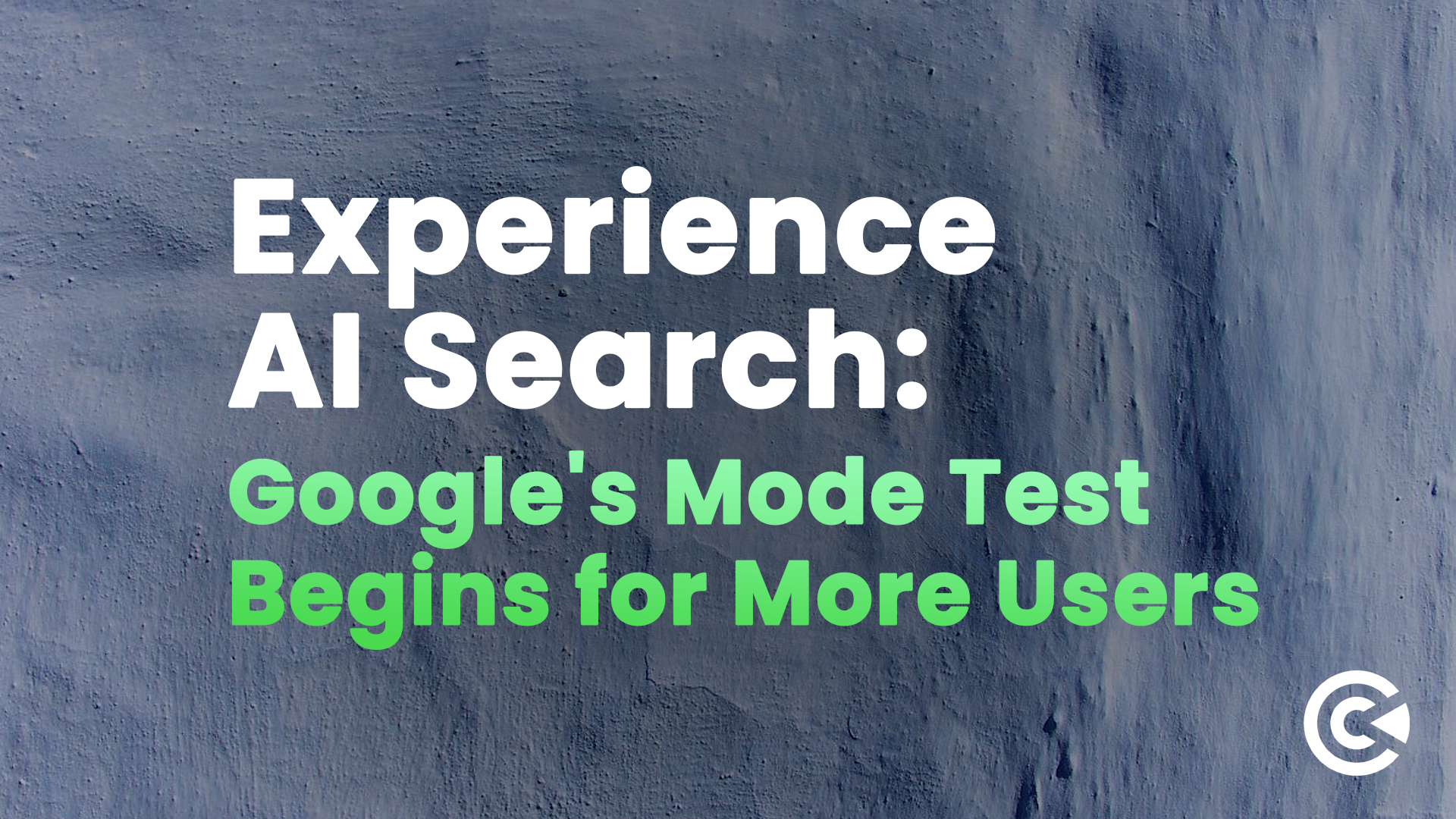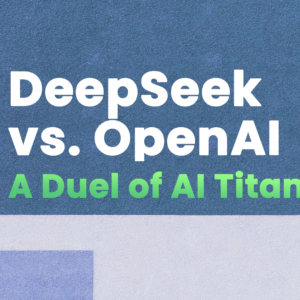Experience AI Search: Google’s Mode Test Begins for More Users

Google is actively expanding the reach of its AI Mode within its Search platform, signaling a significant shift in how users interact with online information. This new feature, distinct from the already available AI Overviews, aims to provide a more interactive and comprehensive search experience.
Initially launched within Google’s experimental Labs environment, AI Mode is now accessible to all Labs users, with the waitlist removed. This allows a broader audience to test and provide feedback on this innovative tool. Furthermore, Google is taking steps to introduce AI Mode to a small percentage of regular Search users in the US in the coming weeks. This marks the first time users outside of the Labs environment will have the opportunity to experience this search-centric chatbot.
AI Mode differs significantly from traditional search results, which typically present a list of URLs. Instead, it generates an AI-powered response that directly answers the user’s query, drawing upon information from Google’s vast search index. This approach also contrasts with AI Overviews, which offer a brief summary of information positioned between the search box and the standard web results.
The AI Mode interface includes visual cards that provide detailed information about places and products. These cards display ratings, reviews, opening hours, prices, images, shipping details, and local inventory. On desktop, a new search history tool allows users to revisit and continue previous conversations with the AI, facilitating more in-depth research.
By integrating a chatbot directly into Search, Google is positioning AI Mode as a competitor to search-focused AI models like Perplexity and ChatGPT. These models excel at accessing the web and real-time data, enabling them to deliver more relevant and up-to-date responses than general-purpose chatbots. As Google gathers feedback from this wider testing phase, it will likely refine AI Mode before a broader rollout, potentially transforming the future of search as we know it.


